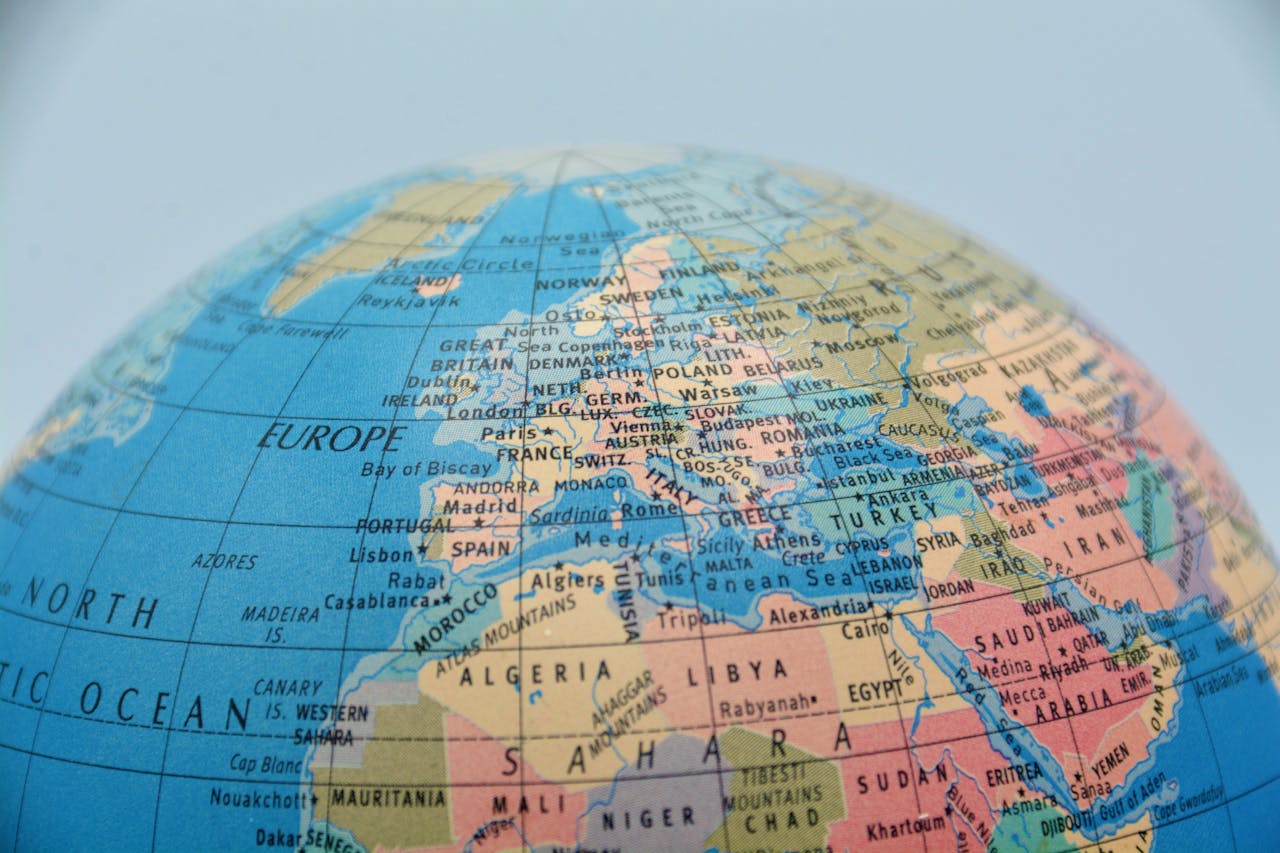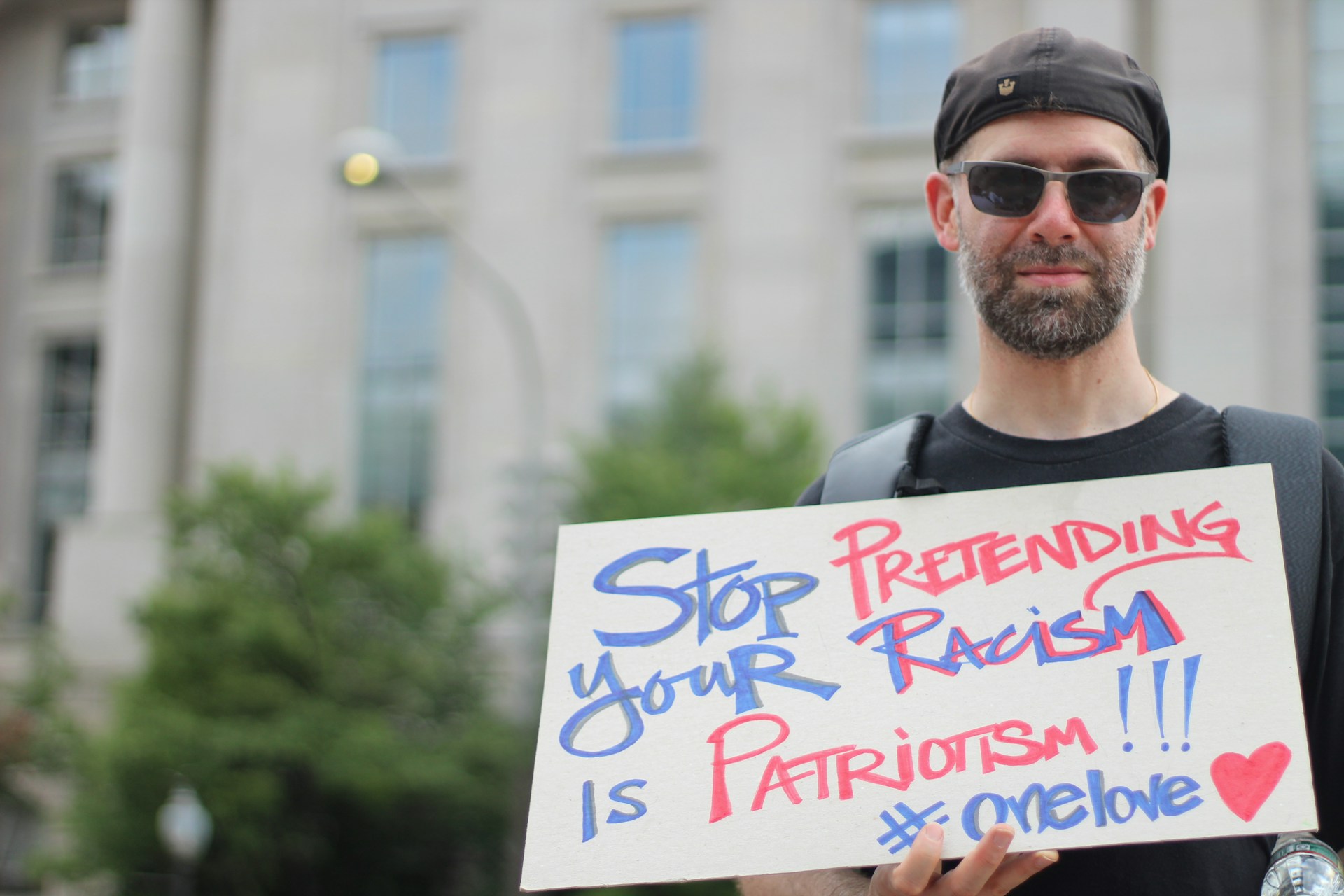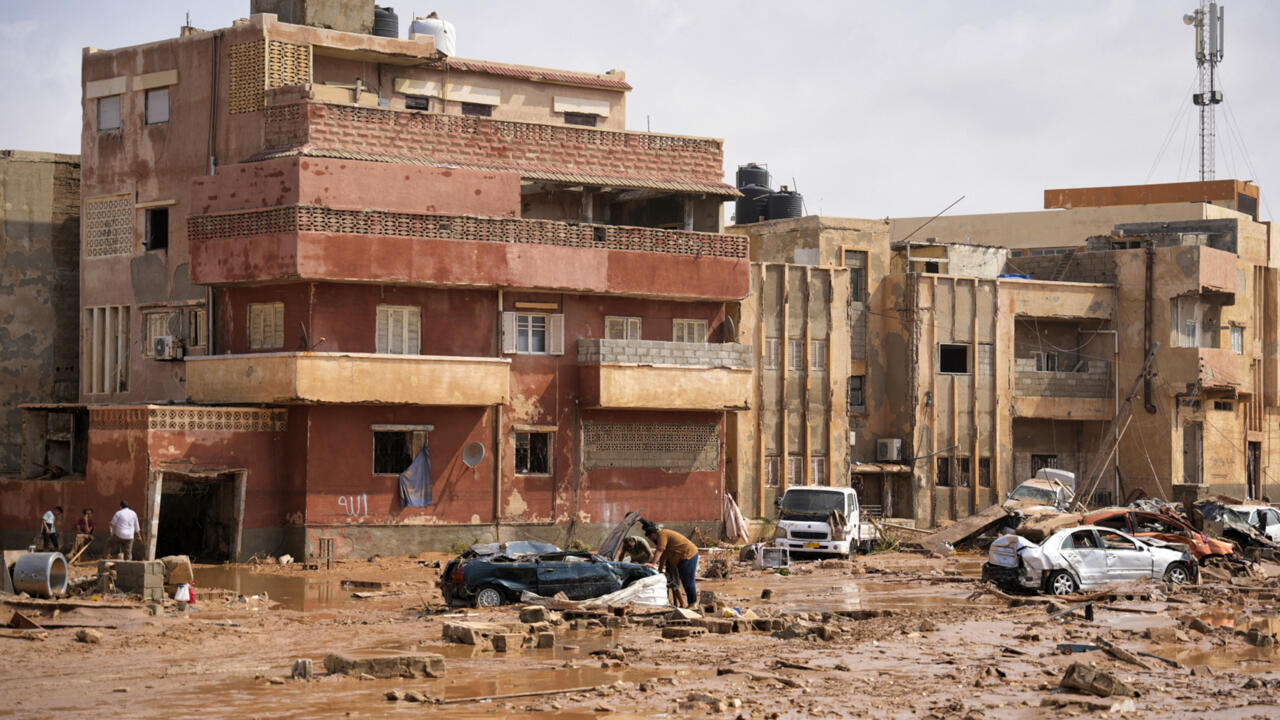By Maria Ravani,
These past few weeks a media frenzy has occurred with flows of immigrants reaching the shores of Crete and images of people being left under the sun in an open field have been circulating the Internet. As always, everyone had an opinion and few were quick to adopt a polemical rhetoric, talking about starving Greeks and privileged immigrant. Many elected representatives of the Greek state were quick to jump on that ship, just in time for the media to stop talking about one of the biggest scandals of the last decade (OPEKEPE) and start talking about asylum, unwanted immigrants that are criminals etc. (if you are not aware of the monologue that they usually go for on this topic, just watch any news channel, they do not really change it up much).
Greek Prime Minister Kyriakos Mitsotakis announced a few days prior that asylum processings for immigrants from North Africa will be suspended for the next three months. His cabinet –mainly the newly appointed Minister of Migration and Asylum Thanos Plevris, has also rose to an anti-immigration crescendo (which is no shock to tell you the truth, just google his family’s history with this specific subject), with his words fueling an almost xenophobic climate among certain groups of Greek society. Online videos of the detention of the groups that reached the Cretan shores via boat started becoming viral, with some of them showing the negative reactions that immigrant groups faced from some of the residents of Crete. NGO’s and others were quick to respond, highlighting that the situation in the Middle East keeps deteriorating and Greece –as any other EU state– bears significant responsibility since we cannot run away from the problems that we, the West, have caused.

Libya is undeniable by far a heaven on earth. After the Arab’s spring –uprisings that once again the West helped to fuel– stability in the region has been a wish but not a mandate. The fall of Gaddafi was met with widespread approval in the West, however as Obama once stated in one of his appearances, the “worst mistake” of his presidency was to not make any preparations about a post-Gaddafi era. The United Nation’s backed government was set up in Tripoli, but its powers do not really extend far within the state of Libya. Warlords and militarists that helped to fight off Gaddafi formed their own government in Tobruk, forming two governments within a state, one that is approved by the West and one that holds cultural, political and historical ties to the local society. Thus, the political regime of the country is by far democratic. These 2 centers of powers sometimes clash and other times agree on certain issues regarding foreign affairs (like when they signed a contract with Turkey for research on the Aegean Sea , and forced Mr. Plevris to cut his visit . The only sure thing, is that this complicated mixture does not provide the stability that the West hoped for and unfortunately, did not prepare the political and cultural ground for.
Western states like the USA, the UK and others wanted a change in the style of govern and they helped with all means to make that change happen, by throwing out previous dictators, issuing “democratic” elections and reinstating legitimate governments in all the Middle East. However a lot of these regimes were not accepted by the local population, a reaction that was not illogical if we think that a foreign power came and delegated how those different cultures and different societies will be run. And when things started to became unstable once again, the West used all kinds of force to make sure that things will keep derailing. All because we –and by we, I mean western countries– did not want to lose what these lands provided us in abundance, indicating their natural resources like oil, natural gas, mineral and metals.

The on-going crisis with immigrants fleeing warzones and torn-up countries is not something to be taken lightly. But it is also not something that we could not have seen coming. The escalation in the Middle East is no surprise and it is baffling when politicians act shocked or condescending. Let’s not forget that the current president of the United States just a few weeks ago bombed Iraq and spread threats like they were candies. The same man was later praised for his actions on the NATO Summit in Hague this June and was even nominated by some as a candidate for the Nobel Peace Prize (because nothing brings peace like bombs). The West once again is reaping what they sowed and once again, human beings are being tossed around from country to country in deplorable conditions, in a political chessboard that cares more for profit than for human dignity.
Greek society has learned a lot from 2015, when hundreds of immigrants where washed up on Greek islands. Hospitality has always been an important part of our culture and it is appalling to hear representatives of the Greek state or even non-politicians to speak with such harsh language for people that just ask for a chance in life. It does not matter if you are a Minister or a citizen of an island that is dealing with the rescue of those people: There is no human life that is less than and everyone deserves to live in safe and decent conditions. It is not us versus them. Immigrants were never the problem. Governments that take advantage of situations, so that we can forget their wrongdoings are….
References
- Hundreds of migrants moved from Crete to Greek mainland as arrivals from Libya surge. Euronews. Available here
- Greece halts migrant asylum processing from North Africa. Al Jazeera. Available here
- Greece to suspend asylum applications of migrants from Libya. DW. Available here
- Greek coast guard rescues hundreds of migrants, as Libya-Crete route becomes busier. Info Migrants.Net. Available here
- 10 Years After the Revolution, Libya Is (Still) on the Brink of Collapse. ISPI. Available here
- Why is Libya so lawless? BBC. Available here




